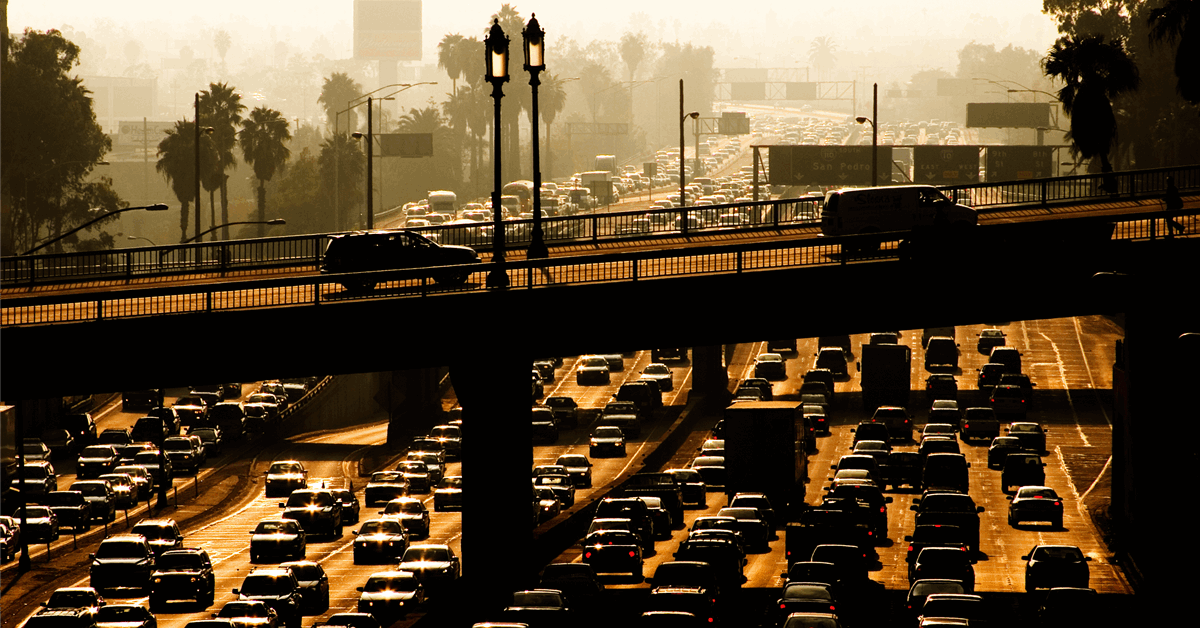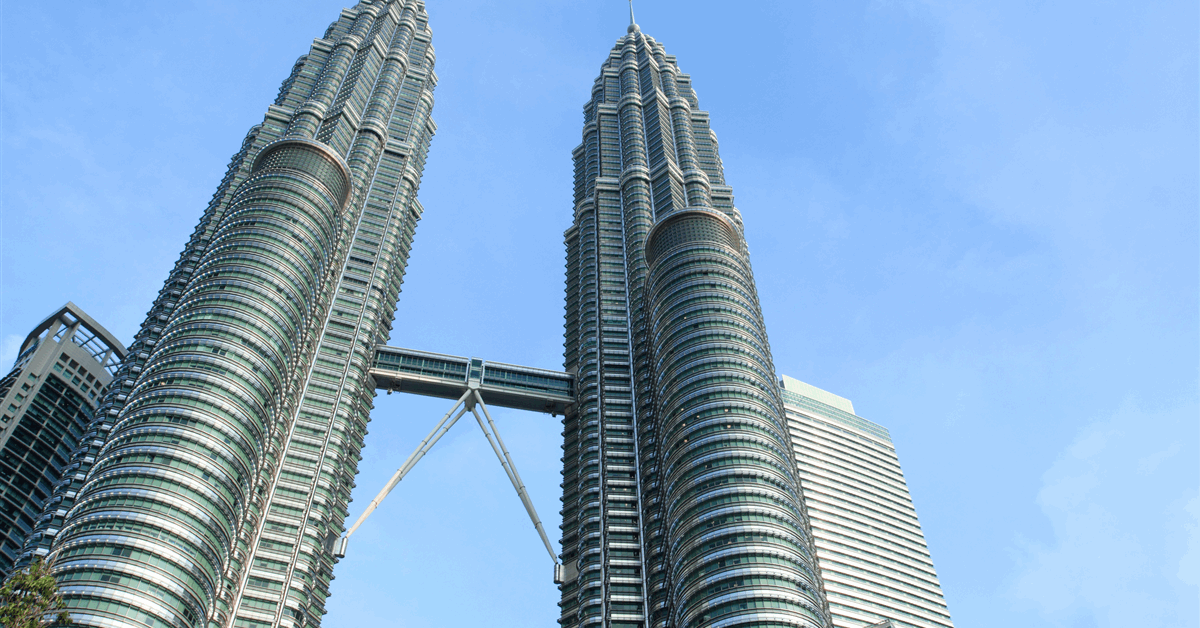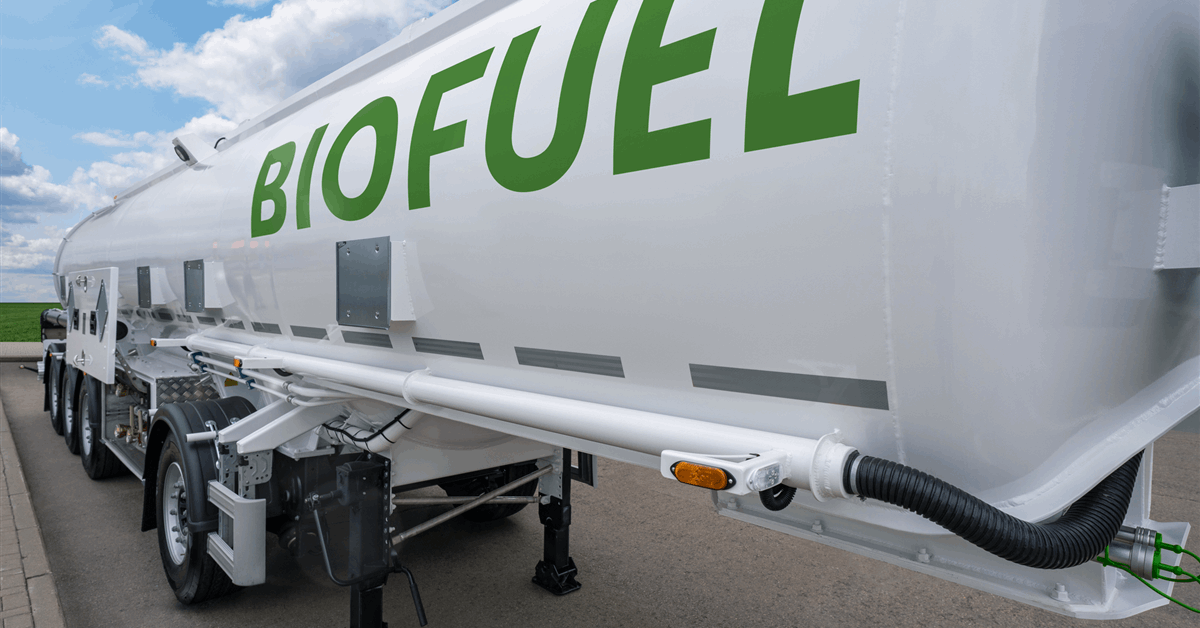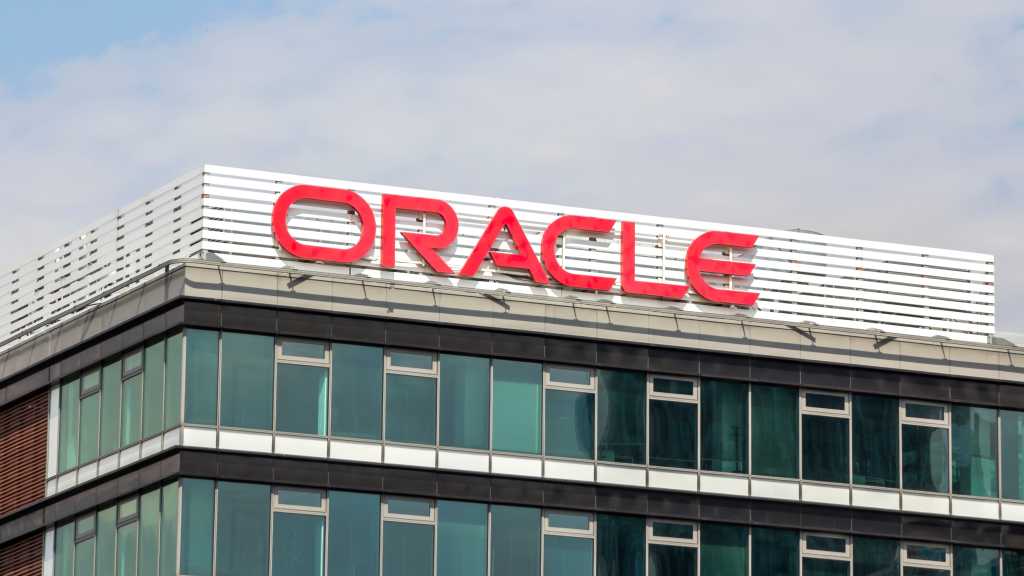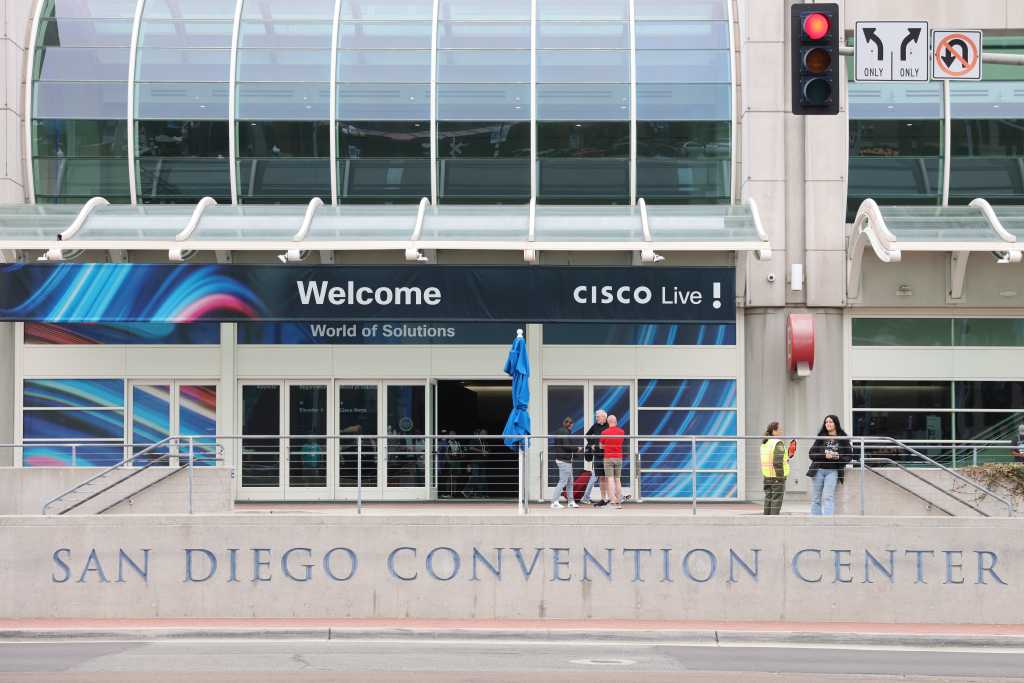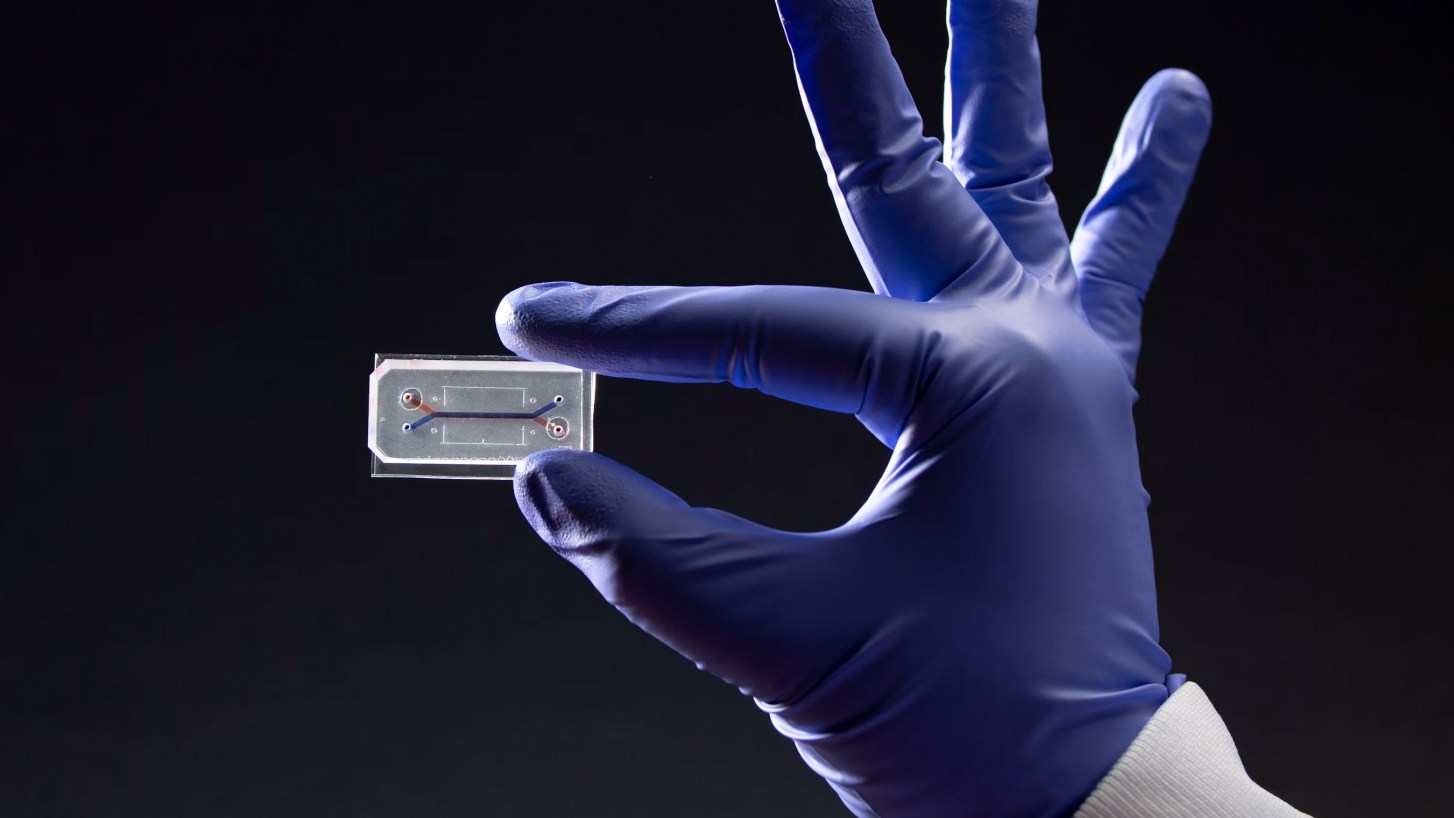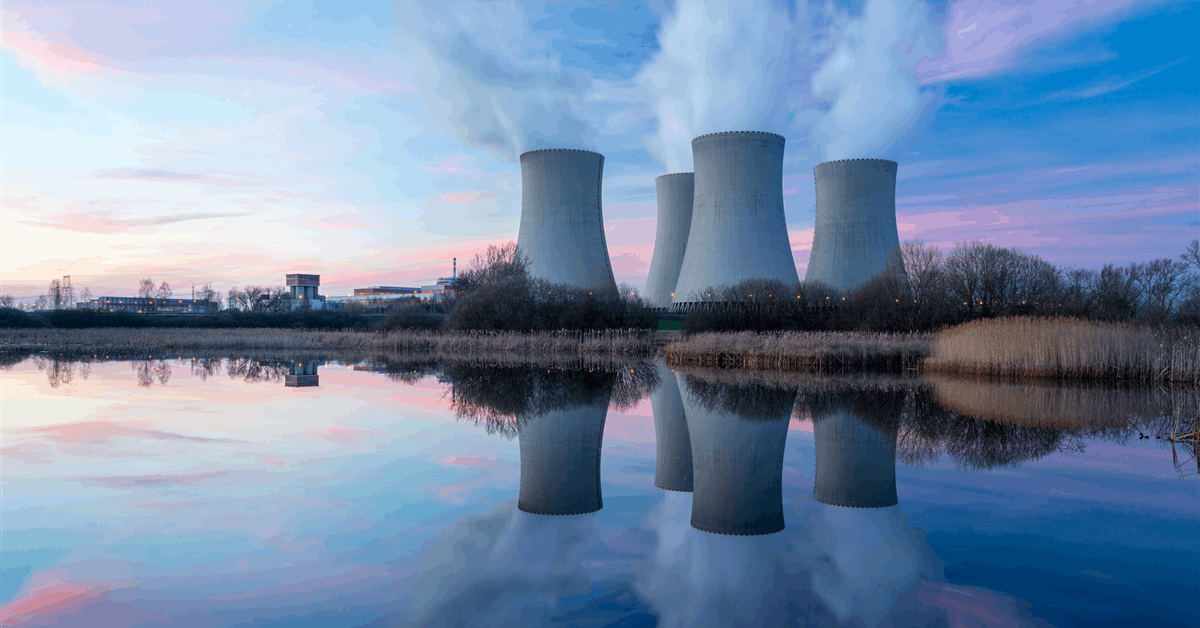
European Union member states need around EUR 241 billion ($278.62 billion) through 2050 to grow the share of conventional nuclear in their energy mix toward meeting their decarbonization, industrial competitiveness and energy security goals, according to official analysis.
The 27-member bloc had 101 operational nuclear power reactors, with a combined capacity of 98 gigawatts electric (GWe), as of last year, the European Commission said. These are spread across 12 member states: Belgium, Bulgaria, Czechia, Finland, France, Hungary, the Netherlands, Romania, Slovakia, Slovenia, Spain and Sweden.
In 2023 the units supplied 22.8 percent of the EU’s electricity generation. Three more reactors are under construction: one in Slovakia (Mochovce 4) and two in Hungary (Paks II), according to the Commission.
While the EU’s top economy, Germany, shut down its three remaining nuclear power plants in April 2023, the new German government signaled it would drop its opposition to nuclear power, according to a Reuters report May 20, 2025, citing a French official.
The estimated investment need, EUR 241 billion in present-value terms, is based on generation gaps identified in National Energy and Climate Plans (NECPs). The estimate, a “base case scenario”, accounts for the existing fleet, ongoing constructions and planned newbuilds. Additional investment is needed for small modular reactors (SMRs), advanced modular reactors (AMRs) and microreactors, the Commission said, though it did not quantify the investment need.
Newbuild projects account for EUR 205 billion. Lifetime extensions would need EUR 36 billion, according to the Commission.
In the base case scenario, the Commission projects an increase in nuclear generation capacity to 109 GWe in 2050, assuming at least some of the existing reactors extend their operating life beyond 60 years and planned newbuild reactors are delivered on time.
“The Commission estimates that over 90 percent of electricity in the EU in 2040 will be produced from decarbonized sources, primarily renewables, complemented by nuclear energy”, the Commission said in an online statement.
“Crucially, all zero and low carbon energy solutions are needed to decarbonize the EU’s energy system”, the statement said.
“Ensuring the highest standards of nuclear safety, security and safeguards, as well safe and responsible management of radioactive waste will remain a top priority for the EU”, it added. “More efforts are needed on the development of infrastructure for the disposal of radioactive waste and spent nuclear fuel, alongside effective decommissioning and cost efficiency”.
On Monday the Euratom Safeguards Regulation was published in the EU Official Journal and will take effect in 20 days. The regulation replaces safety rules adopted 2005 and includes provisions for safeguards-by-design for certain complex installations.
The Commission added, “Cooperation between national regulatory authorities will help speed up licensing, while international collaboration with reliable partners will ensure stable and diversified fuel supply and avoid dependencies”.
“Upskilling the existing workforce, engaging new talents and supporting start-ups will spur innovation”, it said.
“The commercialization and market uptake of cutting-edge nuclear technologies, including SMRs, AMRs, microreactors and fusion for the longer term, will also be central for the sector’s future in Europe and beyond”.
In 2024 the Commission launched an alliance to accelerate SMR development, aiming for a working model by the 2030s.
To contact the author, email [email protected]



